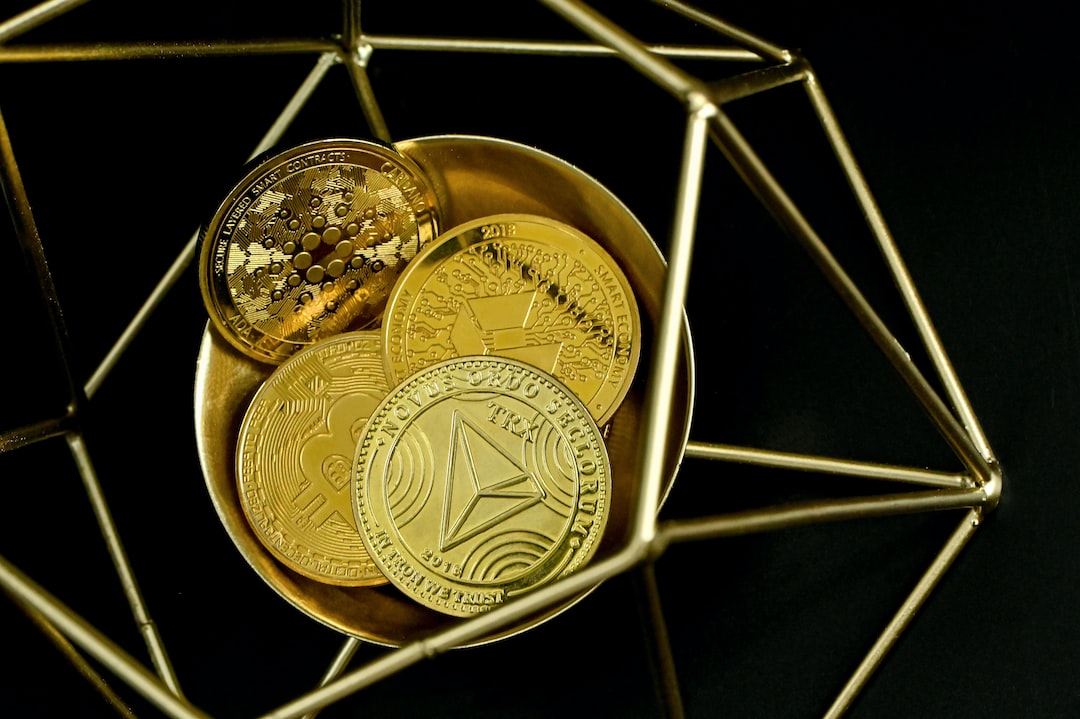The Introduction of PayPal’s Crypto Hub and PYUSD Stablecoin
PayPal recently made a significant move in the cryptocurrency space with the introduction of its Crypto Hub and the launch of its stablecoin, PYUSD. This California-based fintech company now allows users to engage in various crypto-related activities on its platform, including buying, selling, sending, and receiving various crypto assets. The newly introduced PayPal stablecoin, PYUSD, is backed by secure assets and is pegged 1:1 to the US dollar for stability within the volatile cryptocurrency market.
Regulatory Hurdles and Advocacy for Clarity
- Democratic congresswoman Maxine Waters has expressed concerns about PayPal launching PYUSD without a comprehensive regulatory framework in place.
- Rep. Patrick McHenry supports PayPal’s stablecoin and believes it can transform the payment system.
PayPal’s Bold Step in Mainstream Adoption
Despite the regulatory debates surrounding PayPal’s stablecoin, the company’s entrance into the stablecoin domain indicates the web3 industry’s progress in mainstream adoption. PayPal’s partnership with Paxos and the launch of PYUSD make it the first major traditional financial institution to venture into the stablecoin space. This highlights growing institutional interest in cryptocurrencies and stablecoins.
Concerns and Challenges for PayPal
While PayPal’s move into the crypto space is seen as a positive step, some concerns have been raised about the company’s past practices, including allegations of withholding payments and requesting extensive customer information. This has led to doubts about PayPal’s commitment to decentralization and user privacy. Moving forward, PayPal must balance embracing innovation with adhering to regulatory standards.
Hot Take
PayPal’s introduction of its Crypto Hub and PYUSD stablecoin is a significant milestone for the cryptocurrency space. While there are regulatory debates and concerns about PayPal’s past practices, this move demonstrates the increasing mainstream adoption of cryptocurrencies and stablecoins. It also indicates a growing interest from traditional financial institutions in exploring the potential of blockchain technology. However, PayPal must ensure transparency, privacy, and regulatory compliance as it navigates this new territory.





 By
By
 By
By
 By
By


 By
By